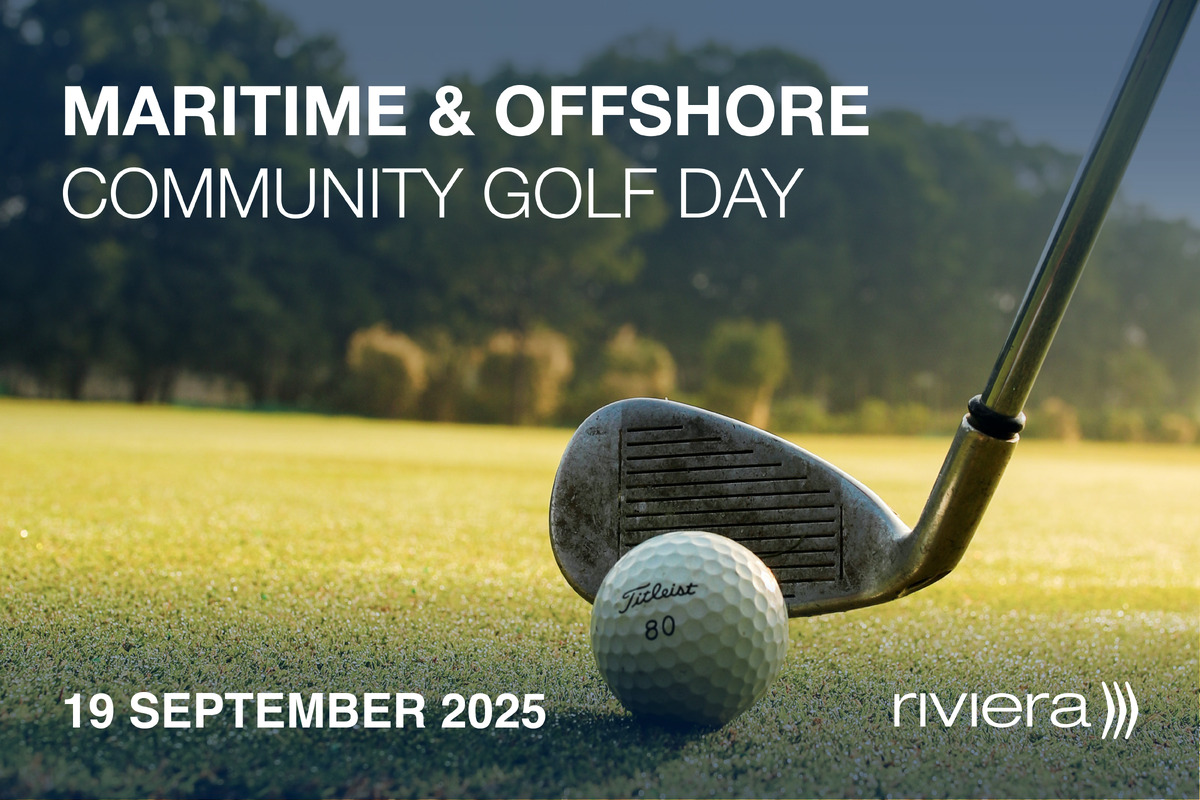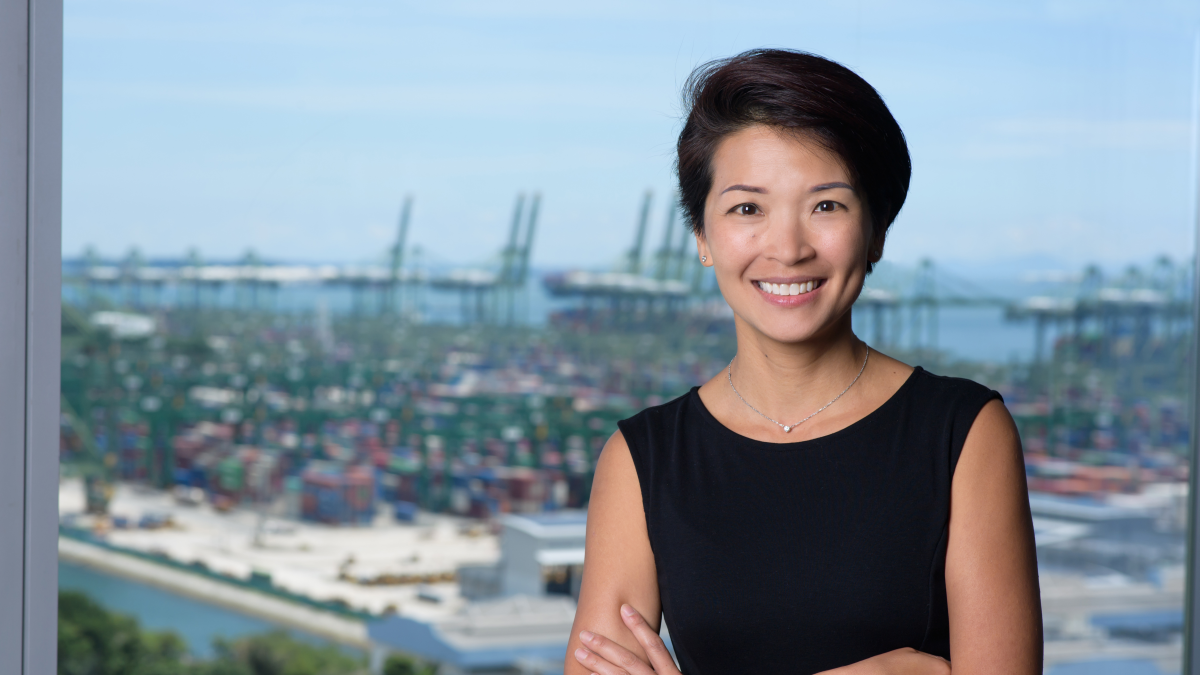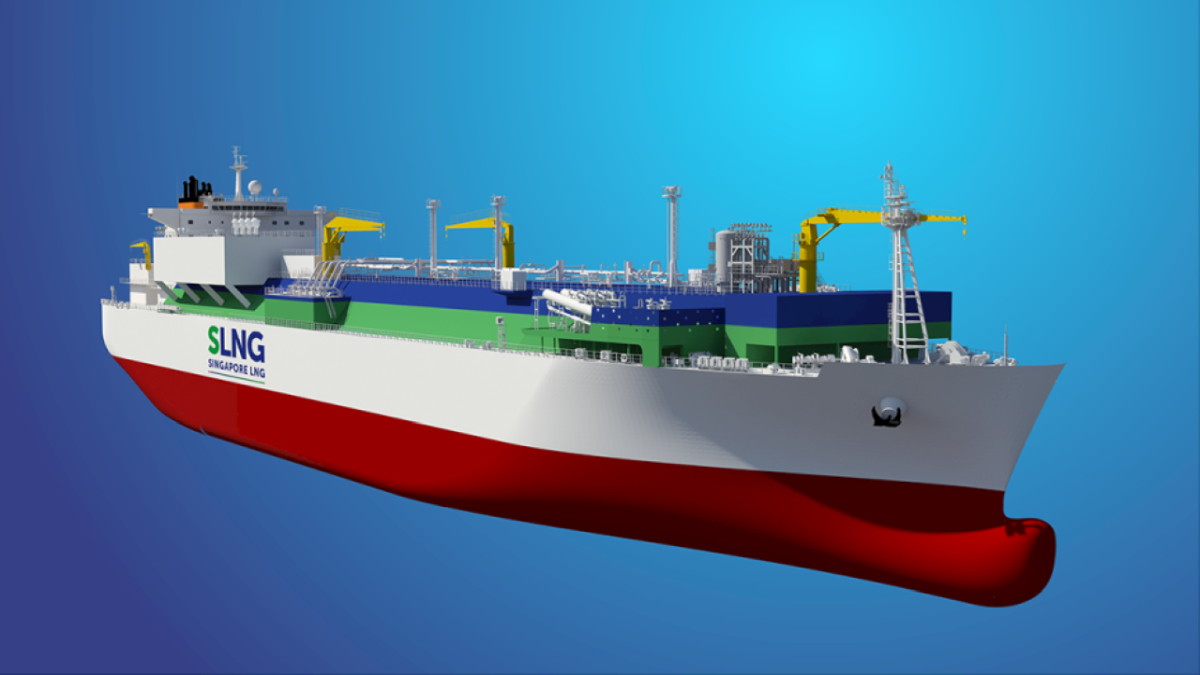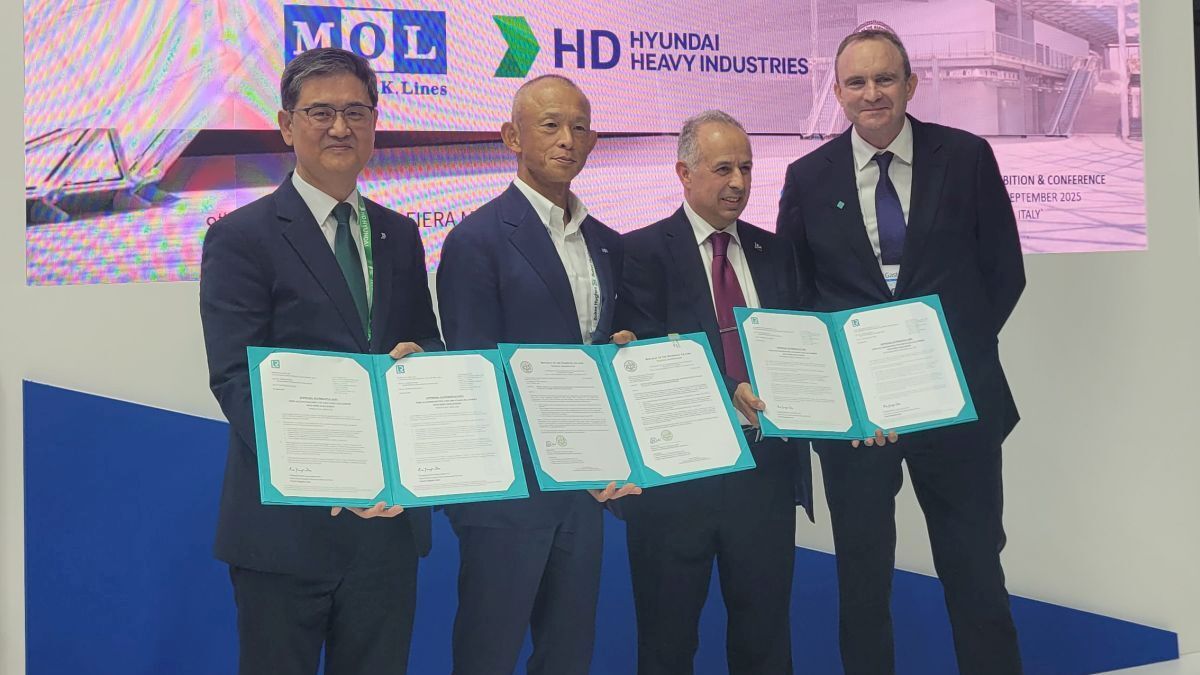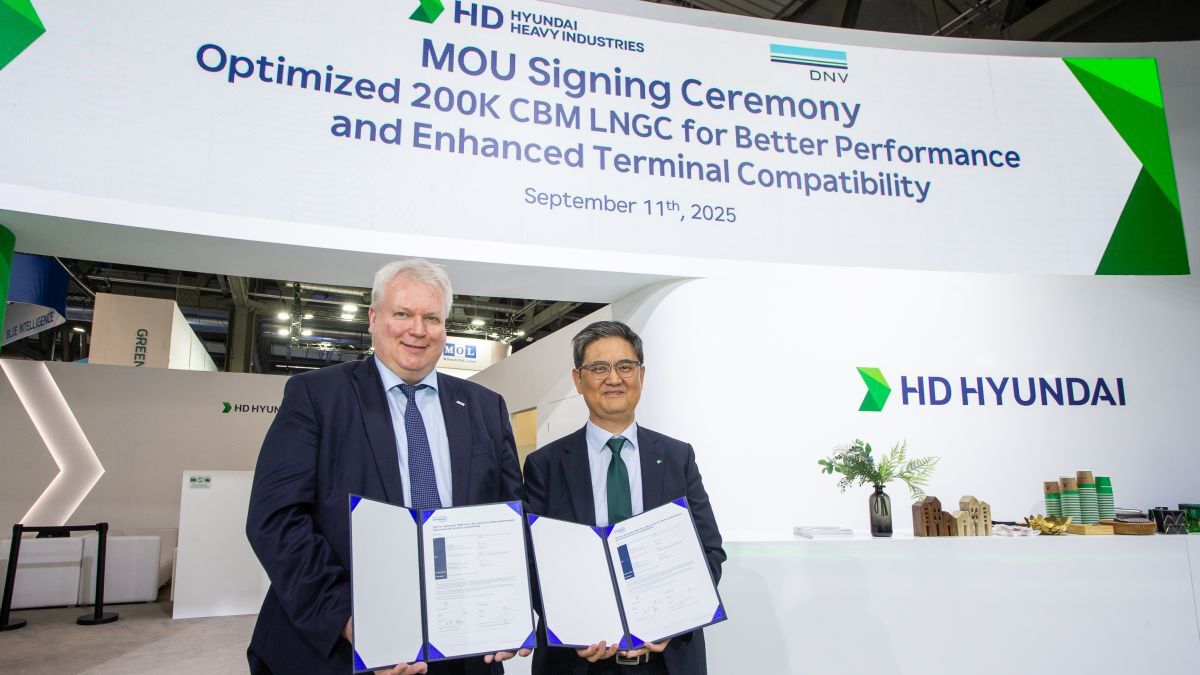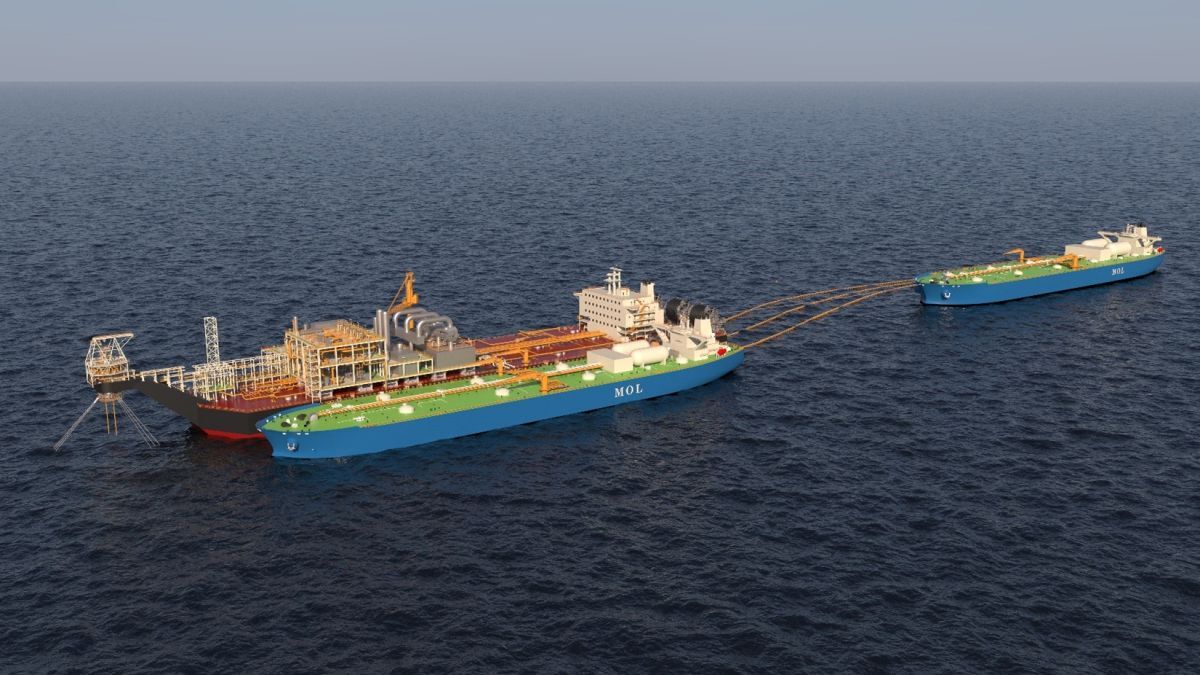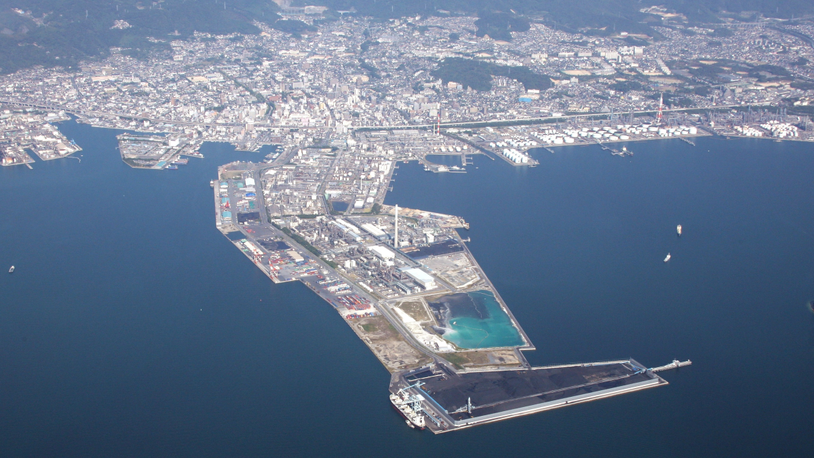Business Sectors
Contents
Register to read more articles.

IMO Net Zero Framework fund could reach US$100Bn
New analysis suggests IMO’s Net Zero Framework could generate US$100Bn annually by 2035 through bunker penalties
International Maritime Organization’s (IMO) Net Zero Framework could raise close to US$100Bn within the next decade, according to analysis from Maritime Strategies International (MSI).
MSI, a London- and Singapore-based consultancy, made the projection using its newly launched Seascape platform.
The platform, which provides an integrated view of vessel activity, performance and asset valuation, allowed MSI to model future bunker costs and the impact of the IMO’s agreed penalty structure.
By extending Seascape’s fuel consumption data for 2024 across the global conventionally fuelled fleet to 2035, and applying its own bunker price forecasts, MSI calculated the IMO penalties would equate to an 82% premium over the baseline bunker costs.
“This approach provides an early indication of the scale of the penalties facing the sector,” said MSI director Will Fray.
The US$100Bn figure refers to the fleet included in Seascape’s dataset of just over 30,000 ships, covering all major shipping segments.
According to MSI, this future cost represents not only a burden but also an opportunity, potentially creating an annual market directed towards drop-in biofuels and other low-carbon bunker alternatives.
Mr Fray explained the Seascape platform has been in development for two years, driven by what he described as customer demand for better modelling of fleet behaviour. “Inefficiencies and diversions are impacting earnings and values far beyond historical norms,” he said.
Seascape generates hourly vessel activity data, providing estimates of emissions, fuel consumption, port stays and anchorage durations. It also uses machine learning techniques to estimate ship movements during periods when AIS signals are unavailable.
Although MSI’s projection is based on its own fleet sample and forecasts, it suggests IMO’s Net Zero Framework could create one of the largest regulatory compliance markets ever seen in the maritime sector.
From a different perspective, it frames the Framework not simply as a burden but as a mechanism capable of steering the sector towards alternative fuels through financial pressure.
The full extent of IMO fund’s use remains to be formalised, but current IMO drafts indicate the revenue will support low- and zero-carbon shipping, capacity building in developing countries, and measures to address the potential negative impacts on small island and least developed states.
Sign up for Riviera’s series of technical and operational webinars and conferences:
- Register to attend by visiting our events page.
- Watch recordings from all of our webinars in the webinar library.
Related to this Story
Events
Maritime & Offshore Community Golf Day 2025
Offshore Wind Webinar Week
Maritime Decarbonisation, Europe: Conference, Awards & Exhibition 2025
Offshore Support Journal Conference, Americas 2025
© 2024 Riviera Maritime Media Ltd.
